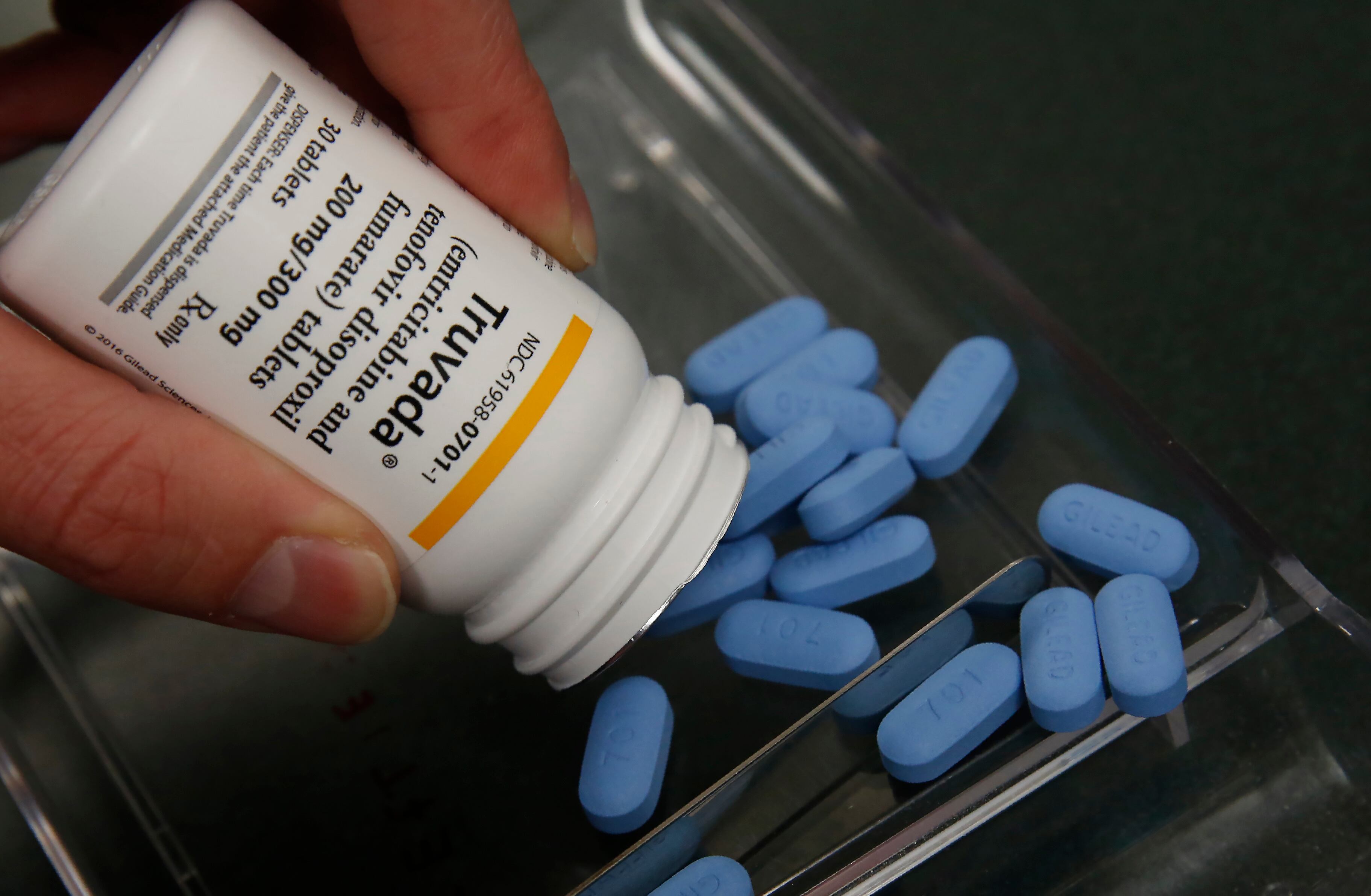The Department of the Air Force said Aug. 29 it will ease flight restrictions for airmen on HIV-prevention medicine, five years after it first approved the treatment for pilots and aircrew.
The changes aim to keep more service members in the air and in uniform, the service said in a press release. Its announcement is a win for the Air Force’s LGBTQ+ community and marks a new milestone for integrating HIV-prevention drugs into the service’s medical enterprise.
Previously, the service grounded airmen for 30 days when they started Truvada or Descovy, which are HIV pre-exposure prophylaxis (PrEP) treatments, to watch for side effects that could hamper their work in flight. Now, airmen must wait only 14 days before returning to the air.
The Air Force is also no longer requiring aircrews to ask for permission to take those medications, the release said. Those who already have a waiver for HIV PrEP do not need to renew it.
Waivers were originally intended to help health care providers track the medicine’s safety. But data collected over the past five years showed Truvada and Descovy are safe enough for airmen in flying jobs to ditch the waivers, Col. Rich Kipp, the Air Force’s medical standards chief, said in the release.
Ninety-two airmen have requested a waiver to begin a PrEP regimen since 2018, nearly all of which have been approved, a spokesperson for the Air Force surgeon general’s office said Tuesday.
Human immunodeficiency virus attacks the cells that protect a person from disease, making them more vulnerable to other illnesses. The virus spreads through sexual contact, shared needles and other contact with body fluids. It disproportionately infects bisexual and gay men.
If left untreated, it can progress to AIDS, the virus’s deadly late stage that leaves a person’s immune system too weak to survive. There are no effective cures for HIV or AIDS. However, there are many medications that can control HIV and prevent complications.
PrEP reduces the risk of contracting the virus by up to 99% when taken as prescribed, according to the U.S. Centers for Disease Control and Prevention. The Food and Drug Administration authorized Truvada for HIV prevention in 2012 and Descovy in 2019.
The Air Force approved Truvada’s use in September 2018 after pilots spoke out about the professional harm that barring the drug had caused. It added Descovy as an acceptable HIV PrEP option in 2020.
Now, the Air Force argues that combat readiness is damaged if an airman contracts HIV or leaves the service to prioritize their health over their military career. HIV-positive applicants are barred from joining the military, but those who contract the virus while in uniform may stay.
The Pentagon estimated that nearly 1,600 troops were newly diagnosed with HIV between January 2017 and June 2022, the nonpartisan Congressional Research Service reported in March. Another military health study in 2018 estimated that 22% of active duty troops and 18% of those in reserve components were at high risk for HIV, based on their sexual behavior, CRS said.
Making Truvada and Descovy more accessible can keep more troops on military jets and avoid wasting millions of dollars on training new people to fill those jobs — particularly as the Air Force struggles to recruit new members and end a yearslong pilot shortage.
“Enhancing HIV prevention efforts and reducing barriers to accessing PrEP could be [an] effective means of achieving national goals and protecting the health and wellbeing of the force,” the report said.
Rachel Cohen is the editor of Air Force Times. She joined the publication as its senior reporter in March 2021. Her work has appeared in the Washington Post, the Frederick News-Post (Md.), Air and Space Forces Magazine, Inside Defense, Inside Health Policy and elsewhere.




